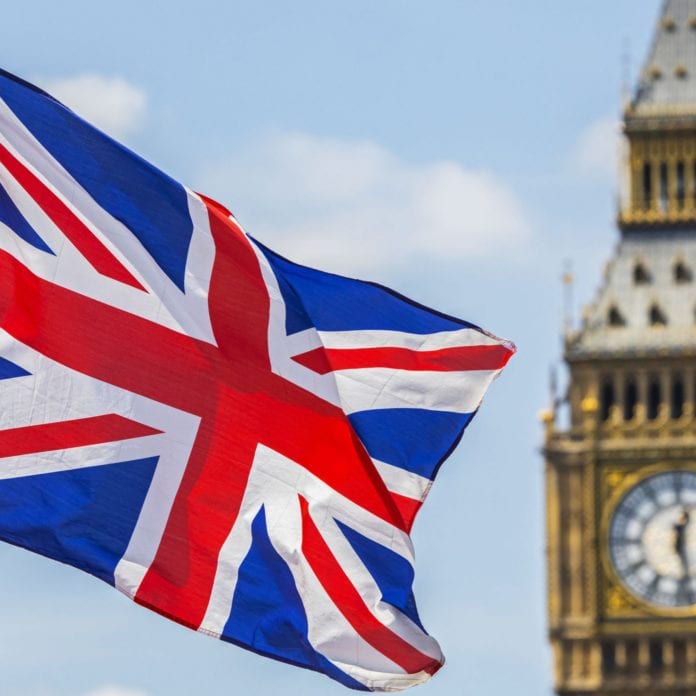The U.K. telco expects 5G will account for 35% of data usage by the end of 2022
U.K. operator Three UK currently operates 2,700 5G sites in 370 towns and cities across the country, the company said in a release. The telco noted that its current 5G coverage reaches one third of Britain’s overall population.
In its Mobile Britain 2022 report, which provides a range of consumer usage statistics, the carrier said that the number of 5G devices accessing its network quadrupled during 2021 to 2.2 million.
Meanwhile, customer 5G data usage increased by 385% over 2020. Three is also predicting that 5G will account for 35% of data usage by the end of 2022.
Carlo Melis, Chief Network Officer at Three UK said: “It’s out with the old, in with the new for mobile users in the UK. 5G has taken off like never before and it’s telling that it has now surpassed 3G data usage on our network. Superfast connectivity is the future for our customers – with sport and entertainment streaming two of the key drivers of data surges in the last year.
“To keep up with the demand for data, we are investing more than £2 billion ($2.6 billion) in transforming our network and IT infrastructure, with 5G now live in over 370 locations covering more than one third of the UK population.”
Three initially launched 5G services in the UK in August 2019, with the initial offering of a high-speed 5G broadband service in parts of London.
Some of the cities covered by Three UK’s 5G network include Aberdeen, , Bath, Bedford, Birmingham, Blackpool, Bradford, Brighton, Bristol, Cardiff, Coventry, Derby, Dundee, Glasgow, Ipswich, Leeds, Leicester, Liverpool, London, Luton, Manchester, Nottingham, Plymouth, Reading, Swansea, York and Wigan.
Three, part of the CK Hutchison Holdings, currently has approximately 10 million subscribers in the U.K.
In 2019, U.K. telcos had obtained spectrum for the provision of 5G services. Vodafone won 50 megahertz of spectrum in the 3.4GHz band after paying £378 million. EE won 40 megahertz for which it paid £303 million. Three secured 20 megahertz of 3.4 GHz spectrum at a cost of £151.3 million, while Telefónica-owned O2 picked up 40 megahertz for £318m.
These frequencies enabled the operators to launch 5G services in 2019, making the U.K. one of the most developed markets in Europe in terms of 5G deployments.
In March 2021, the U.K. completed its latest 5G spectrum auction, raising a total of GBP 1.35 billion.
In this auction, local carriers EE, Hutchison 3G UK, Telefonica’s O2 and Vodafone took part in the principal stage of the auction, which involved them bidding for airwaves in 34 lots to determine how much of the available spectrum they each secured.
EE secured 2×10 megahertz of paired frequency spectrum in the 700 MHz band at a cost of £280 million; 20 megahertz of supplementary downlink spectrum in the 700 MHz band at a cost of £4 million; and 40 megahertz in the 3.6-3.8 GHz band at a cost of £168 million. Hutchison 3G UK committed to pay £280 million for 2×10 megahertz of paired frequency spectrum in the 700 MHz band.

